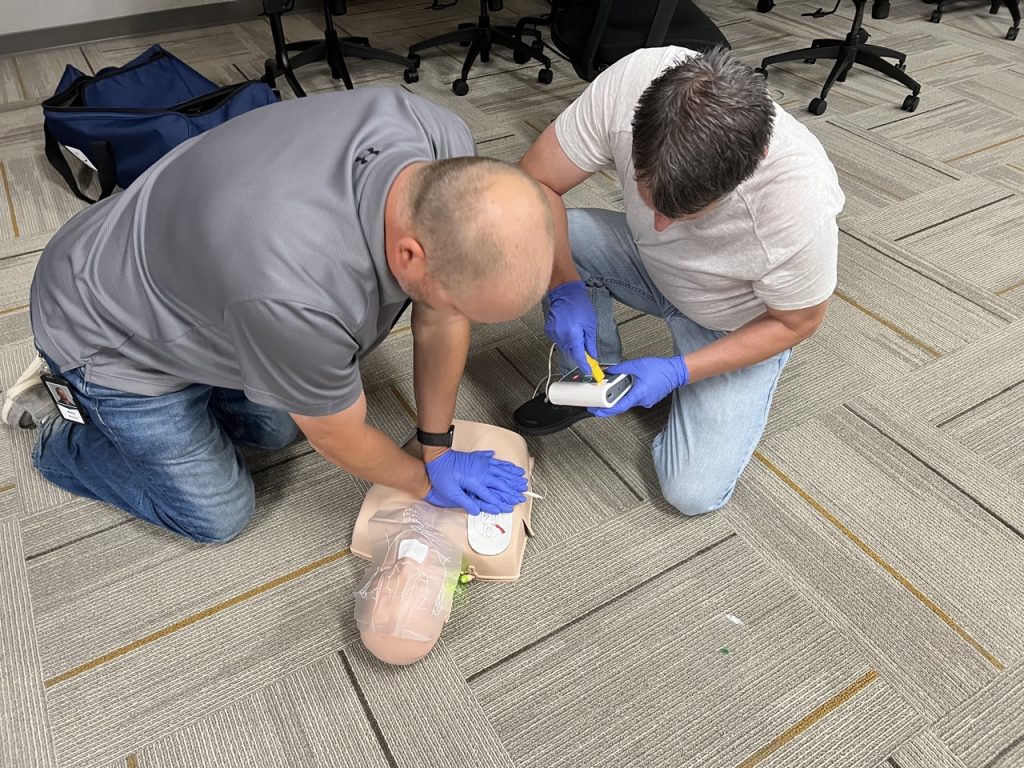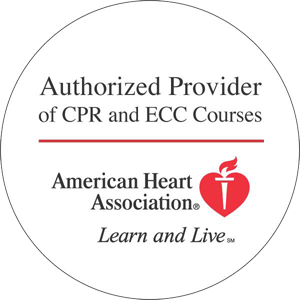Basic Life Support (BLS) Provider Certification is a life-saving technique learned and performed by first responders, healthcare professionals, and other medical providers. Nearly all healthcare workers are required to have a BLS certification and the American Heart Association recommends the course for anyone willing to take it. Because of the magnitude of impact in this emergency response, the certification needs to be renewed every other year. That way, the skills need to perform BLS are up to date and top of mind.

How to Renew Your BLS Provider Certification
Basic Life Support (BLS) Provider Certification is a life-saving technique learned and performed by first responders, healthcare professionals, and other medical providers. Nearly all healthcare workers are required to have a BLS certification and the American Heart Association recommends the course for anyone willing to take it. Because of the magnitude of impact in this emergency response, the certification needs to be renewed every other year. That way, the skills need to perform BLS are up to date and top of mind.
What is a BLS Provider Certification?
A BLS is a Basic Life Support Provider Certification that signifies that a person is skilled in a list of life-saving techniques. This certification shows that you are skilled in first response to cardiac arrest, respiratory distress, or obstructions in someone’s airway. Becoming BLS certified includes knowledge in cardiopulmonary resuscitation (CPR), automated external defibrillators (AED), and airway obstruction removals. With the BLS certification, it rewards you with the knowledge to save a life during emergency situations.
Find out More: Basic Life Support for Healthcare Providers
BLS Certification: What to Expect
During training, the BLS certification includes in depth training on how to respond to unresponsive adults, children, and infants during an emergency. This comprehensive course includes:
- Learning to recognize emergencies
- Safe response practices
- CPR training
- AED training
- Airway obstruction removal training
Instructors will teach you life-saving techniques during the BLS certification course to ensure your response in emergencies is both timely and effective.
How Long Does BLS Training Take?
The BLS Provider Certification training takes anywhere between 1.5 and 8 hours depending on the type of course and your previous knowledge of the subject. On average, you could expect to spend 4.5 hours completing the training, practice, and testing. While in-person training is more comprehensive and takes longer, there are also online options that are self-paced and often quicker.
BLS Provider Certification Exam
To take the BLS Provider Certification exam, you need to first finish your training. After learning the techniques needed for Basic Life Support, the exam takes place. During the exam, you are required to demonstrate your BLS capabilities including CPR and Emergency Cardiovascular Care (ECC). The skill demonstration may include an adult and infant simulation to test your knowledge. A written exam also occurs. Each has around 25 multiple choice questions. To pass this part of the exam, you need a score over 70%-80%.
BLS Provider Certification with HeartCert
HeartCert offers a comprehensive BLS course that offers a higher level of CPR certification and knowledge on how to use an AED in life-threatening emergencies. The in-class skills focus on teaching advanced CPR performed on adults, children, and infants. Made for both certified and non-certified professionals and licensed and non-licensed healthcare providers, the course offers guidance regardless of experience level.
At HeartCert, we make it our mission to be flexible with schedules and offer online training before the skills learning session. In tandem with advanced classroom instruction and skills testing, students are then able to take the exam.
HeartCert has options for everyone: blended online/in-person courses, fully online and private Kiosk sessions at several HeartCert locations
HeartCert is your trusted training partner for CPR, ACLS, PALS, EMR, First Aid, CNA, IV, EKG and more, throughout the United States.
Courses include CPR/AED/First Aid, Basic Life Support (BLS), Advanced Cardiac Life Support (ACLS), Pediatric Advanced Life Support (PALS), Certified Nursing Assistant training, IV training, EKG training, babysitter basics and more. Courses and certifications from both the American Heart Association and American Red Cross are available. We offer virtual courses and certifications, in all 50 states as well as in-person classes at our headquarters, HeartCert CPR Eagan and major cities in Iowa, Illinois, Georgia, Michigan, Minnesota, Mississippi, Nebraska, Pennsylvania, Texas and Wisconsin.














